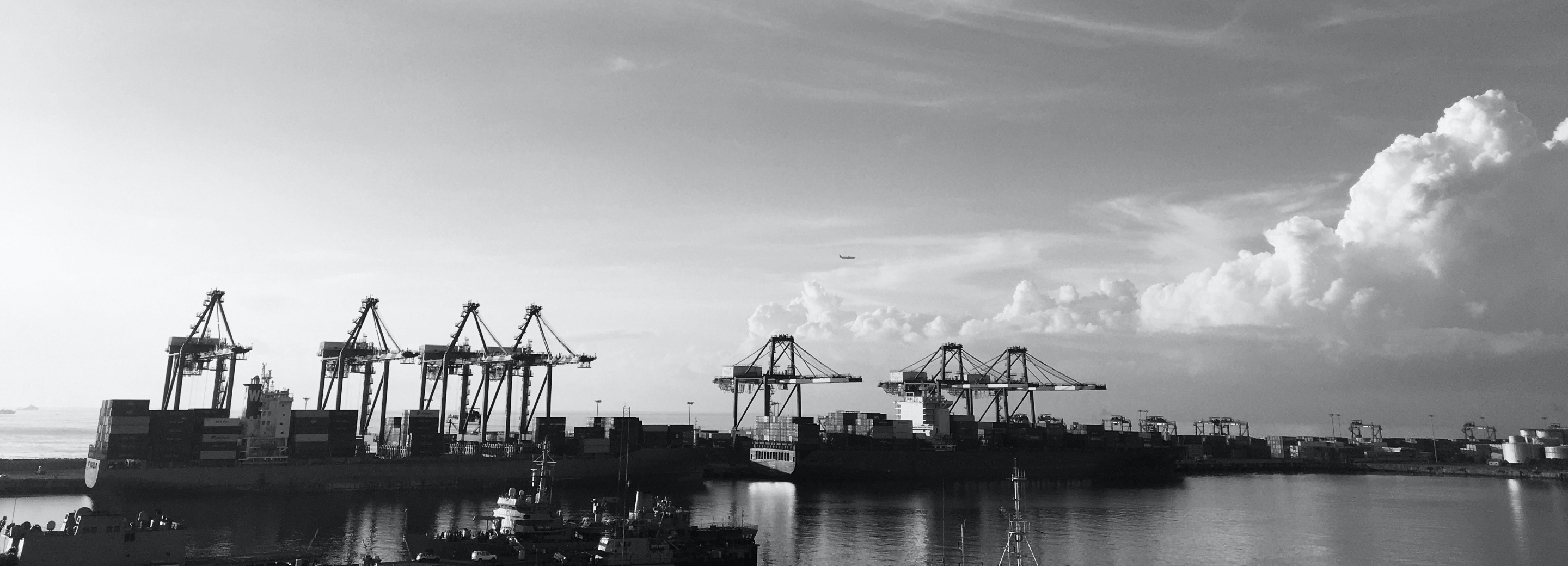
Tuesday 15 March 2022, Copenhagen
The following statement was read out by a representative of the International Transport Workers’ Federation to shareholders present at the meeting:
We welcome the chance to make a brief statement to the Maersk Annual General Meeting.
First off, we applaud Maersk’s investments in green vessels and fuel infrastructure, as well as their funding of the Global Maritime Forum, which formed a Memorandum of Understanding with ITF last year on supporting a just transition. Our planet requires real leadership on climate change and sustainability in the maritime industry, and we are encouraged by the steps taken by Maersk so far.
Together, there is still more we can achieve. And so, we invite Maersk to work with the ITF to ensure proper training and skills and occupational health and safety standards are in place across the board before the vessels launch. As stated in Maersk’s Sustainability Report (2021), your company has committed to “incorporate a human-centred approach...adhere to international human rights standards and continue to engage with stakeholders”, including workers and unions. We trust Maersk will join us in executing this commitment and avoid adversely impacting any person, whilst pursuing positive change for the planet.
Additionally, we would like to point again to your company’s Sustainability Report,
in which there has been a solid commitment made to respect “fundamental labour rights and constructive employee relations”. Maersk’s commitment is based on core international conventions. Maersk’s Sustainability Report states that “constructive employee relations can only exist by respecting the rights to freedom of association and collective bargaining, which means actively engaging with trade unions”.
It is therefore regrettable that, despite this commitment, Svitzer management in Australia went against Maersk’s professed global commitments to uphold collective bargaining and has applied to Australia’s Fair Work Commission to terminate its long-standing collective bargaining agreement with the three Australian maritime unions covering hundreds of workers. In the Netherlands, Svitzer have established a second corporate entity that has led to undermining workers’ rights to collective bargaining. In addition, Svitzer management in the United Kingdom have imposed a pay freeze on the workforce in Teesport, UK.
Maersk’s Sustainability Report also emphasises safety and security – keeping all workers “safe and free of harm while they perform their work duties at sea, in the air, in terminal, warehouses, and office”. To maintain a safe workplace and disruption-free operations, the ITF underscores the need for proper crewing levels on Maersk Line ships, and indeed all Maersk vessels, to avoid fatigue and overwork. Our affiliates have raised concerns regarding hours of work and rest. Chief mates on US-flagged vessels were regularly working 90-hour weeks, and negotiations to employ an extra officer on board have not been successful. While Maersk spends its historic profits on new acquisitions and expansions, we would also call for Maersk to invest in improved safety management throughout all existing Maersk subsidiaries and contracts.
Finally, we would like to address Maersk’s effort to integrate human rights into the company’s existing due diligence processes, including “efforts to capture human rights relevant risks in third-party due diligence”. We encourage Maersk to adopt the Seafarers Human Rights Due Diligence (HRDD) approach that the ITF has been spearheading, and for Maersk to demonstrate concern and action about workers’ terms and conditions whether they are directly employed by Maersk or its subsidiaries, or if the workers are contractors and sub-contractors. This includes tug and towage operators, truck drivers, terminal and warehouse workers etc. We expect outsourced workers to receive the full bonus paid to direct employees, given their tremendous efforts and sacrifices throughout and before the pandemic.
In addition, the trucking operations contracted by Maersk require proper due diligence, including investigations into pay and conditions. Our affiliates have reported inhumane conditions and severe infringements on the rights of truck drivers.
In conclusion, we support the values Maersk expresses, and applaud the priorities and commitments that the company has made. To best execute and deliver on those promises, the ITF encourages Maersk to not neglect their relationships with trade unions globally. The ITF has successfully worked with your company to address inconsistencies in the application of your global values in the past, for example in Latin America, and we hope to continue to do so. It is a testament a to our strong and maturing relationship that we are now able to navigate through extremely difficult situations like Liberia – where we have different perspectives – and have still found workable solutions.
In light of the key role that the company plays within global supply chains and the significant profits reported, the ITF and our affiliates will be stepping up public communications of our experiences with Maersk’s implementation of values across all regions and operations.
We hope that the company continues to prosper in the year ahead, and the workers responsible for that prosperity are recognised and heard.
END
Notes:
-
Danish-language version of this statement
-
A press release related to this statement is available on the ITF’s website, in English and Danish
About the ITF: The International Transport Workers’ Federation (ITF) is a democratic, affiliate-led federation of transport workers’ unions recognised as the world’s leading transport authority. We fight passionately to improve working lives; connecting trade unions and workers’ networks from 147 countries to secure rights, equality and justice for their members. We are the voice of the almost-20 million women and men who move the world.
